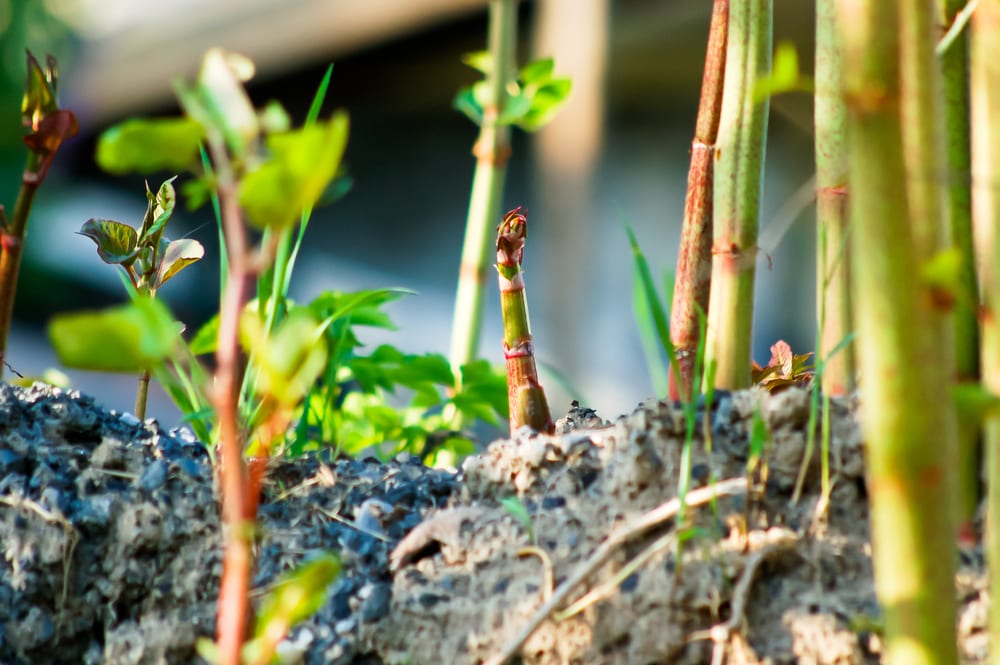
If your neighbour fails to treat a Japanese knotweed infestation in their garden and the Japanese knotweed starts growing in your garden, you may have a claim against your neighbour for any damage to your property caused.
Firstly, what is Japanese Knotweed?
Japanese knotweed (Fallopia japonica) and its hybrids are a non-native, invasive species of plant. They invade natural habitats and out-compete the native plants and animals that normally live there. It spreads very easily and is an extremely strong plant that can cause structural damage to buildings, As well as rendering properties as ‘unmortgagable’ by the majority of the UK major lenders.
How do I treat Japanese knotweed growing in my garden?
Japanese knotweed cannot simply be dug up and thrown away. The spread of Japanese knotweed is a serious threat to our countryside, and the native plants and animals that rely upon it. Tackling the plant should be taken very seriously with thorough planning and execution if we are to combat this invasive weed.
Chemical control is the application of specialised herbicides to Japanese Knotweed plants over a period of several growing seasons. This is often the most economical treatment option and will cause the least amount of disruption.
Japanese Knotweed can be cut, and the infested soils can be excavated and removed to an off-site, appropriately licensed, waste-management facility. The volume of excavated soil can vary from site to site and is an expensive and time-consuming type of removal.
Japanese Knotweed can be excavated and then buried on-site, but it must be covered with a specialist root barrier membrane to prevent any re-growth. A root barrier membrane can also be used to encapsulate Japanese Knotweed where space does not allow burial.
What should I do if my neighbour has Japanese Knotweed?
If you notice your neighbour may have a Japanese knotweed issue, the first step to take would be to make sure they know and understand the implications of this invasive plant. It could be that they haven’t identified the Japanese Knotweed and therefore were unaware of the trouble it could cause.
What are the legal implications of your neighbour having Japanese Knotweed?
It’s worth noting that an owner or occupier of land is not obliged to control, remove or treat Japanese knotweed on their land. They can be liable, however, should they allow the knotweed to spread onto neighbouring land. There is also a significant risk that even if the knotweed does not spread onto the neighbour’s land, the owner may still be liable to the diminution in value of the neighbour’s land for the knotweed simply being in the vicinity.
If you think you may have a Japanese Knotweed problem, then be sure to get in contact with one of our team now to get it sorted as quickly as possible! Summer is one of the worst times for Japanese Knotweed to take hold on your property, so the sooner you get it sorted, the better. Call us now on 020 3005 8755.

